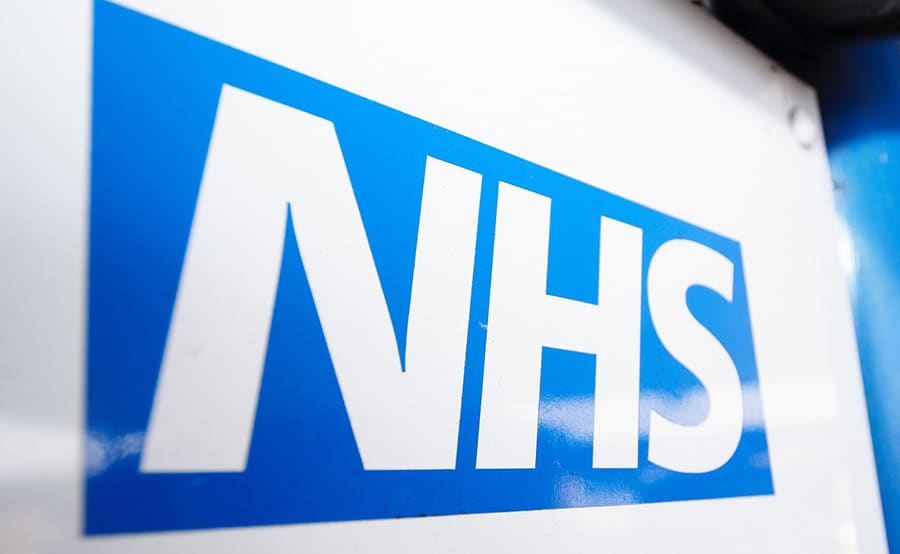NHS expands falls response services to prevent unnecessary trips to hospitals

Rapid response teams to help people who have fallen at home and control centres that constantly track beds and attendances are among new NHS plans to prepare for what is expected to be a “very challenging winter”.
Outlined yesterday (18 October 2022), NHS Chief Executive Amanda Pritchard said the additional NHS measures would build on the extensive work already underway to prepare for the traditional difficult winter period.
As part of the additional winter measures, the NHS is expanding falls response services in England. It will see local teams sent to help people who have fallen in their home or in care homes, rather than unnecessary trips to hospital.
Based in local communities, the expansion could see around 55,000 ambulance trips freed up to treat other patients each year. NHS highlights that 25 percent of all category three and four ambulance callouts in January this year related to falls.
Extra remote support will further be provided to care providers to deal with falls and incidents in care homes themselves, as around two in five hospital admissions from care homes are currently fall-related, according to the NHS.
NHS gives the case study of Hull Fall First, which is a falls pick-up and wellbeing response service, involving the local ICS, fire and rescue service, ambulance service, county council, and community services provider. A team of firefighters received clinical training from healthcare experts, along with safeguarding training and safety awareness. The service has reduced the number of A&E attendances and provided a better patient experience for those who have had a fall.
In addition to improved falls services, new 24/7 system control centres are expected to be created in every local area, which will manage demand and capacity countrywide by constantly tracking beds and attendances. They will take stock of all activity and performance for the first time.
Led by teams of clinicians and experts, these centres will enable rapid decisions to be made to any emerging challenges including where hospitals can benefit from mutual aid, or to divert ambulances to another nearby hospital with more capacity.
Local areas will also develop new hubs dedicated to serious respiratory infections, with patients receiving same-day access to care out of hospital while also creating additional capacity for hospitals and ambulance services. Respiratory infections tend to create a lot of additional pressure on the NHS during winter, as the infections are more prevalent.
Amanda said: “Winter comes hot on the heels of an extremely busy summer – and with the combined impact of flu, covid and record NHS staff vacancies – in many ways, we are facing more than the threat of a ‘twindemic’ this year.
“So it is right that we prepare as much as possible –the NHS is going further than it ever has before in anticipation of a busy winter, and today we have set out further plans to step up these preparations – building on our existing plans to boost capacity set out in August this year.
“Whether it be new services to support people who have fallen at home, hubs to treat respiratory infections, or system control centres helping us to navigate pressures across the entire country, every one of these initiatives will make a real impact on the ground – helping to relieve pressure on frontline staff as well as seeing patients quickly and directing them to where they can receive the best possible care.”
Furthermore, the NHS says it is already “well underway” to create extra bed capacity in hospitals and in the community, as well as increasing the number of call handlers working in NHS 111 and 999.
Matthew Taylor, Chief Executive of the NHS Confederation, added: “This winter could be the toughest on record for the NHS, which is exactly why services are working together early on to make sure patients get the care they need, where they need it most.
“With falls leading to thousands of ambulance call-outs and admissions to A&E, it is vital that the NHS uses its limited resources to best effect as this will provide value for money to taxpayers and improve patient experience.”
The NHS has made good progress towards creating the equivalent of 7,000 beds by March 2023, with an extra 1,200 beds created during September alone, the service underlines.

